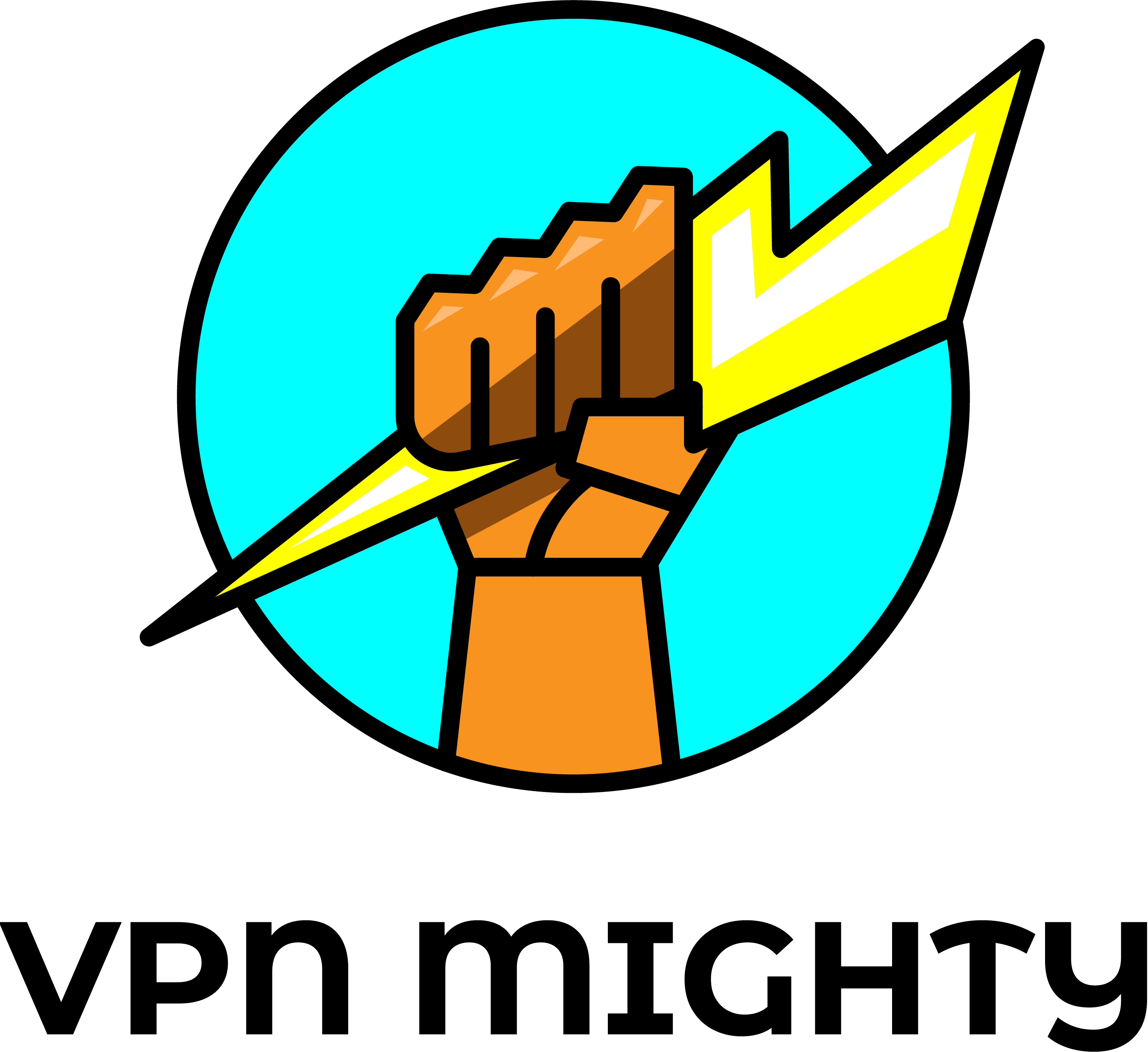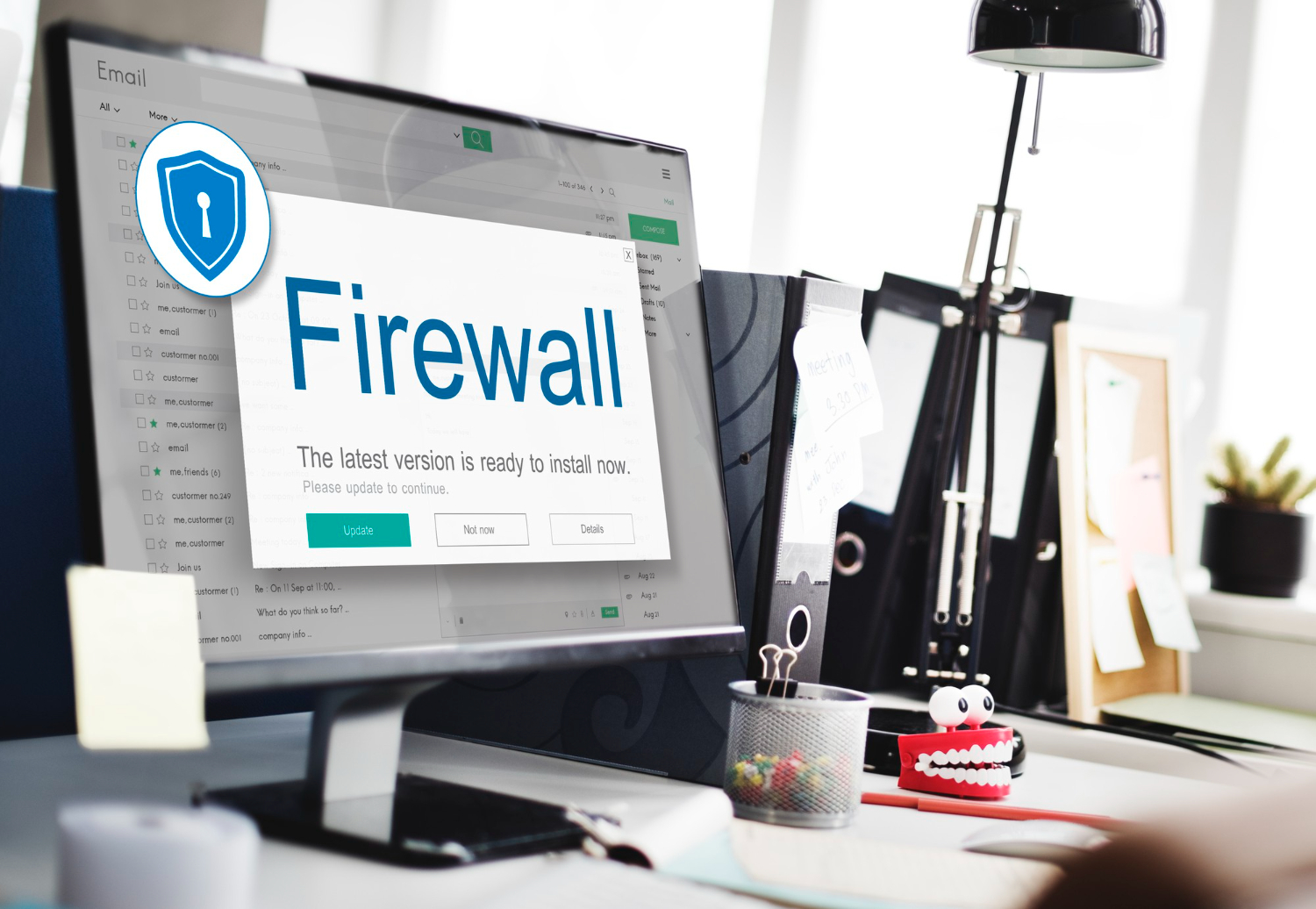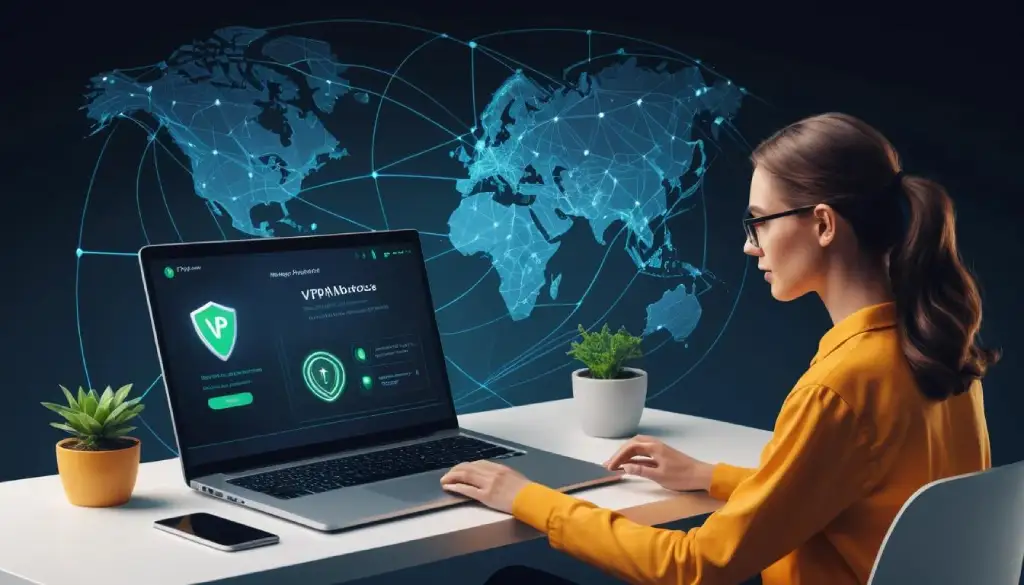6 Tips What VPN Can Do for You
Do you think VPN just can protect your personal information against hackers? A VPN, or Virtual Private Network, is a tool you can use to keep your internet activity private and secure. When you use a VPN, your internet traffic is encrypted, which means that nobody else can see what you’re doing online. This can be especially useful if you’re using public Wi-Fi, which can be risky because other people on the same network can potentially see what you’re doing.
A VPN can also help you access websites and content that may be restricted in your country or region. For example, if you’re traveling to a country where certain websites or social media platforms are blocked, a VPN can help you access them as if you were in a different location.
6 Tips What VPN can do
1. Protect Your Online Privacy
When you use the internet, your online activity can be tracked by various parties, including your internet service provider (ISP), advertisers, and even hackers. This can compromise your online privacy and put your personal information at risk.
A VPN can help protect your online privacy by encrypting your internet traffic and masking your IP address. Encryption is the process of encoding your internet traffic so that nobody else can see what you’re doing online. This means that your ISP, advertisers, and hackers won’t be able to see your online activity.
Masking your IP address means that your real IP address is hidden and replaced with a different IP address from the VPN server you’re connected to. This makes it difficult for anyone to trace your online activity back to you.
In simpler terms, using a VPN can help ensure that your online activity is private and secure. Nobody else can see what you’re doing online, which can help protect your personal information from being stolen or misused.
2. Access Restricted Content
Sometimes when you try to access certain websites or content online, you may encounter a message that says the content is not available in your region or country. This can happen because some websites and services are restricted to certain geographic locations due to licensing agreements, government censorship, or other reasons.
A VPN can help you access restricted content by masking your IP address and making it appear as if you’re accessing the content from a different location. For example, if you’re in a country where a particular streaming service is not available, you can use a VPN to connect to a server in a different country where the service is available. This way, the streaming service will think you’re in the country where it’s available and allow you to access the content.
It’s important to note that not all VPNs are effective at bypassing geo-restrictions. Some streaming services and websites have taken steps to block VPNs from accessing their content, so you may need to use a high-quality VPN that is specifically designed for bypassing geo-restrictions.
However, it’s also important to remember that accessing restricted content may be illegal or against the terms of service of the website or service you’re accessing. Additionally, some countries may have strict laws around accessing certain types of content, so it’s important to do your research and use a VPN responsibly.
3. Secure Your Public Wi-Fi Connections
When you’re out in public, you might use free Wi-Fi at a coffee shop, hotel, or airport to browse the internet or check your email. However, these public Wi-Fi networks can be risky because they are often unsecured, which means that anyone else on the same network can potentially see what you’re doing online.
Using a VPN can help secure your public Wi-Fi connections by encrypting your internet traffic. Encryption is the process of encoding your online activity so that nobody else can see what you’re doing. This means that even if someone is on the same public Wi-Fi network as you, they won’t be able to see your internet activity.
Additionally, a VPN can also help protect your personal and financial information from hackers who may be lurking on public Wi-Fi networks. If you’re using a public Wi-Fi network to check your bank account, for example, a hacker could potentially steal your login information and gain access to your account. However, if you use a VPN to encrypt your internet traffic, it will be much more difficult for a hacker to steal your information.
4. Bypass Censorship
Censorship is when governments, organizations, or individuals block or limit access to certain information, websites, or online services. This can happen for a variety of reasons, such as political, religious, or moral concerns.
A VPN can help bypass censorship by allowing you to access blocked websites and services. When you use a VPN, your internet traffic is encrypted and routed through a remote server, which can make it more difficult for censors to identify and block your online activity.
For example, if you’re in a country where certain social media platforms are blocked, you can use a VPN to connect to a server in a different country where those platforms are not blocked. This way, you can access the social media platforms as if you were in a different location.
It’s important to note that some countries have very strict laws around censorship, and using a VPN to bypass censorship may be illegal. Additionally, some websites and services have taken steps to block VPN traffic, so it’s important to use a high-quality VPN that is specifically designed to bypass censorship.
5. Torrent Anonymously
Torrenting is a popular way to share large files such as movies, music, and software with others. However, when you torrent, your IP address is publicly visible to other users in the swarm, which means that others can see what you’re downloading or uploading.
Using a VPN can help you torrent anonymously by masking your IP address and making it appear as if you’re downloading or uploading from a different location. This means that other users in the swarm won’t be able to see your real IP address, which can help protect your privacy and prevent others from tracking your online activity.
Additionally, a VPN can help protect you from legal repercussions if you’re torrenting copyrighted material. Many countries have strict laws around copyright infringement, and some internet service providers (ISPs) may even throttle or block your internet connection if they detect that you’re torrenting. However, if you use a VPN to torrent anonymously, it will be much more difficult for others to detect your online activity and take legal or technical measures against you.
6. Work Remotely
Working remotely means that you are able to work from a location outside of your company’s physical office. This could be from home, a coffee shop, or anywhere else with an internet connection.
Using technology such as video conferencing, email, and project management tools, remote workers can communicate and collaborate with their colleagues as if they were in the same office. This can allow for greater flexibility and work-life balance, as well as the ability to work from anywhere in the world.
A VPN can be particularly helpful for remote workers, as it allows them to securely access their company’s network and resources from anywhere with an internet connection. This means that even if you’re working from a coffee shop or other public Wi-Fi location, you can still connect to your company’s network and access the files and applications you need to do your job.
Overall, working remotely can offer many benefits, such as increased flexibility and the ability to work from anywhere. However, it’s important to have the right tools and technology in place to ensure that you can work efficiently and securely from a remote location.




